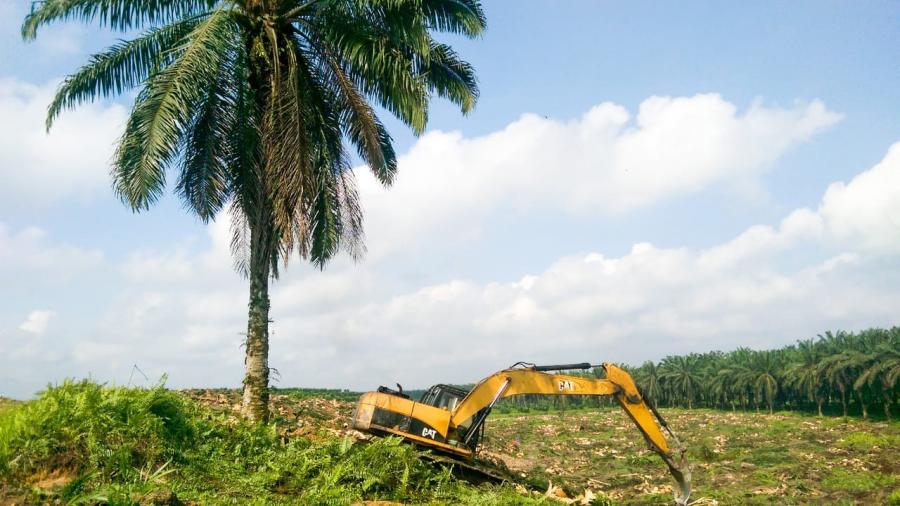
Overview
Oil palm is a cash crop that is grown across the tropics. It is highly productive (yielding 4-10 times more oil than alternatives like soy and rapeseed) and is therefore vital to global food security. Oil palm cultivation also provides jobs and income to millions of people in low-income and lower-middle income countries. However, the conversion of natural habitat to oil palm plantations has also caused severe ecological damage across the tropics. This has led to campaigns to boycott oil palm production, but these are likely to only increase investment in lower-yielding alternative crops, which require more land to produce the same amount of oil. Instead, we could focus energies on identifying management strategies that improve biodiversity within existing oil palm plantations. This is important from conservation and productivity perspectives, as many species provide important services (e.g. pollination) that help oil palm growth and yields.
This talk will overview how three management strategies – replanting of oil palm, use of herbicides, and restoration of land along rivers – can improve biodiversity and ecosystem functioning in large-scale oil palm plantations in Sumatra, Indonesia. We will then shift focus to West Africa (oil palm’s native range), to discuss how oil palm cultivation affects native ecosystems in Liberia. Collectively, his research aims to inform more sustainable management of the global oil palm industry.
Speaker
Dr Michael Pashkevich is the Marshall Sherfield Fellow in the Insect Ecology Group (Department of Zoology), and a Junior Research Fellow at St Edmund’s College. He is an ecologist who uses field-based data collection methods and statistical modelling to study how management of agriculture affects biodiversity and ecosystem functioning in the tropics. His current research is based primarily in oil palm ecosystems in Indonesia and Liberia. Michael has completed a PhD in Zoology (University of Cambridge), and a BSc in Biological Sciences (Loyola University New Orleans). In addition to his research, Michael is passionate about teaching ecology and public engagement, especially with the University Museum of Zoology. In his free time, he enjoys long-distance running, camping, and cooking foods that are native to his hometown (New Orleans, USA).
Details
This is a hybrid event, which will take place in-person in the Gatsby Room (Chancellor's Centre) and also on Zoom.
If you would like to attend online, please register for the Zoom link.
For the in-person audience, drinks and snacks will be available after the talk.
The Science Society organises regular talks spanning a wide range of topics every Friday during term time.